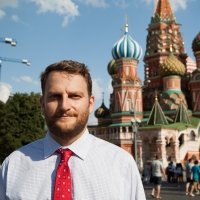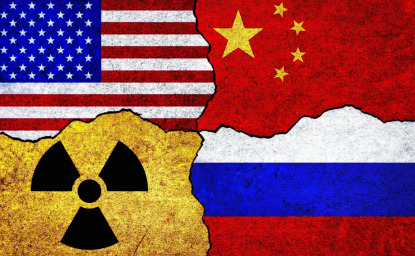“Financial sanctions should identify a specific behavior or action that is unacceptable, provide a clear off-ramp, and clearly suggest space for escalation. Today's U.S. sanctions against Russian activities follow the same pattern as the many previous rounds -- significant but not debilitating and on a variety of issues representing a broad swath of Russian foreign policy -- and are unlikely to change Russian behavior in any substantive sense because the off-ramp suggested by the sanctions run into the giant problem of Russian domestic politics. Were Putin to stop the sanctioned behaviors, that would then identify the limits of Russia's foreign policy activities and would harm President Putin's nearly unlimited ability to exercise power at home by demonstrating that a foreign policy is able to dictate to Putin, and thus Russia, what is and is not acceptable. Therefore, US expectations should focus more narrowly on more subtle acceptance or rejection of today's sanctions: will Putin react emotionally and negatively to President Biden's first round of sanctions and scuttle the mooted summit between the two presidents -- the main prize for recently escalating tensions with Ukraine -- or does he take these sanctions in stride?
As a guide for the future, today's sanctions represent the US government identifying much more explicitly than before an emphasis on defining and attributing Russian intelligence operations, both cyber operations narrowly defined such as the SolarWinds hack, but also influence operations and so-called active measures meant to distort the political debate within the United States. They also raise a new area of sanctions activity by prohibiting US financial institutions from purchasing new sovereign debt by the Russian Central Bank, Finance Ministry, or National Welfare Fund (sovereign wealth fund) issued after June 14, 2021. Also notable were the activities or targets not in this current round: anything regarding Alexey Navalny, Nord Stream 2, high-level political officials or oligarchic supporters of Putin, or, perhaps most significantly, sanctions regarding the purchase of Russian sovereign debt on the secondary market or upon state-owned companies. These are the areas and targets that will be kept in reserve to shape the US-Russia relationship over the coming months and years.”








